If you’re a young driver looking for your first car and are considering leasing instead of buying, then take a look at our guide below which looks at what you’ll need to consider and explains the leasing process to help you make an informed decision.
In order to lease a vehicle you need to be at least 18 years old.
Just like any other finance a lease is a financial agreement and so there is a credit check as part of the application process. You can skip down to the leasing process section for more information on this.
You will also need to have a full driving licence in order to lease a vehicle.
Choosing your first car can be a daunting experience and if you’re considering leasing then this can cause additional worry. Here at Xcite Car Leasing we like to make the leasing process as easy as possible for you and are here to help you every step of the way.
If you’re concerned about the leasing process then we’ve got a great guide on why you shouldn’t be scared to lease and you can take a look at this here.
Or if you want a little more information about Xcite Car Leasing then take a look at why you should lease with us or head over to our Meet the Team page to see who could be helping find your dream lease car.
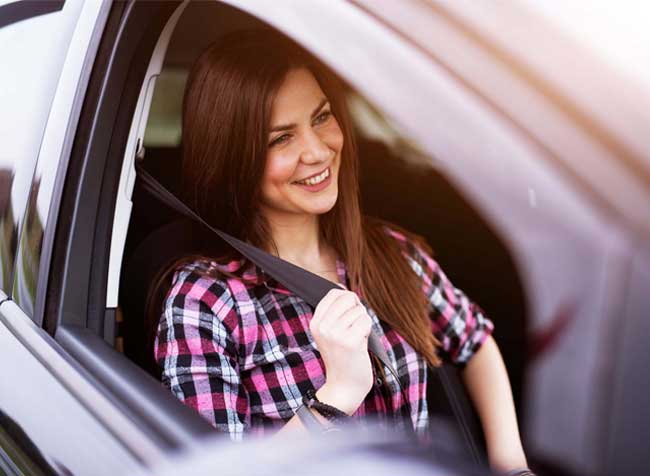
Leasing a vehicle is a great alternative to purchasing a car if you do not have as much money to spend upfront which is why more and more young drivers are choosing to lease their first car rather than buy it.
With leasing when you’re ready for a change you don’t need to worry about the value of having depreciated as you do not own the vehicle. At the end of your lease you simply need to return your car and choose your next vehicle.
All our lease vehicles are new cars. Not only does this mean you get to drive a brand-new car, that looks great and drives well but there’s a lot of other advantages too.
With a new car you won’t need to worry about taking it for a MOT until it is three years old, and if your lease is for less than three years you won’t need to do this at all.
A new car also comes with the manufacturer’s warranty. Again, depending on how long your lease is this may last for the duration of the contract.
When you lease a car the lease funder will cover the cost of road tax for the duration of the contract, so you won’t need to worry about this either.
When you lease a vehicle, you need to set an annual mileage allowance and as a first-time driver this can be difficult as you have nothing to base this choice on.
Although you agree to a set mileage at the start of the lease many funders will look at amending this for you once you have had the vehicle for a year, if you realise that you need to increase / decrease this.
Please note that changing the mileage allowance may change the monthly payments as well. Your funder will provide you with a quote for any changes and this will not be processed until they receive signed documents from you to confirm the change.
It’s important to remember that when you lease a vehicle you agree to do so for a set period of time, usually between 24 and 48 months.
If you need to end the lease earlier than the contracted time you will need to request an early termination. The exact amount of an early termination charge depends on a number of factors, including how long is left on your lease and the value of the vehicle at the time.
Another aspect that’s important to consider when getting a new vehicle is the maintenance of the car.
If you decide to lease then you might also want to consider adding a maintenance package to your lease agreement.
A maintenance package will usually cover your servicing, maintenance, tyres and any MOTs your vehicle might need during your lease agreement. You can see a full breakdown of what each of our main funders offer as part of their package here or if you decide to lease with us we can go through the details of the maintenance package with you.
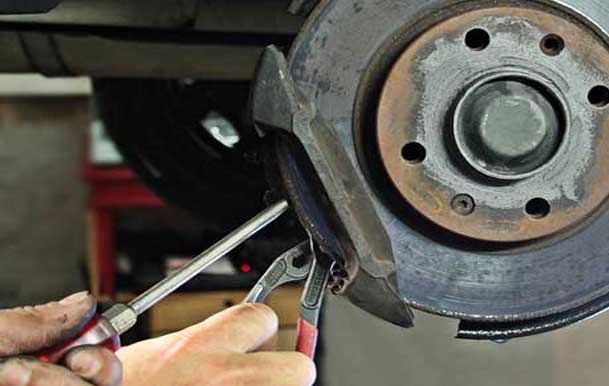
You do not have to have a maintenance agreement as part of your lease, it is entirely up to you whether you add this. However, if you decide not to add a maintenance package it will be your responsibility to service the vehicle in line with the manufacturer and funder’s guidelines and complete any necessary maintenance work. If you decide on a lease that is for three or more years you’ll also need to arrange MOTs.
With a lease you will need to return the vehicle at the end of the contracted term and the car will need to be returned in line with the BVRLA’s fair wear and tear guidelines. As you will not own the vehicle, if you do decide to lease, if you want to make any modifications to the car you will need to check with your funder that you are allowed to do so.
Whether you decide to lease or not, deciding on your first car and running it requires some budgeting.
If leasing is the right choice for you then you need to remember that there is an initial rental payment as well as the regular monthly payments. The initial rental can be higher to reduce the amount of your following monthly payments or you can opt for a lower initial rental with higher monthly payments.
Along with paying for your car you will also need to factor in a number of other payments when deciding if you can afford a new car.
You will need to pay for the vehicle to be insured and as a young driver the cost of this could be quite high. Please note that if your insurance provider requires you to have a tracking box installed as part of your policy you will need to check this is allowed with your funder.
Unless you decide to go for an electric vehicle you will also need to take into account the cost of fuel when budgeting.
Servicing and maintenance is another aspect that needs to be included in your budget. If you decide to add a maintenance agreement that will be included as part of your monthly lease payments. However, if you decide on a non-maintained lease then you will need to allow funds for the cost of any servicing or maintenance work the car might need over the course of the lease.
Other costs could include parking permits or daily parking fees and if you drive in London you’ll need to factor in the congestion charge.
There are a number of accessories that you might want to consider if you are looking at your first car. We’ve rounded up our top five essential picks below:
To help with parking in tight spaces you might want to invest in a reversing camera if your vehicle doesn’t have one installed. A reversing camera is a camera that is mounted on the rear of the vehicle and a viewing screen mounted on the dash helping you see any blind spots behind you.
If you fit your own camera then when it comes to the end of your lease you can simply remove and transfer it to your next car.
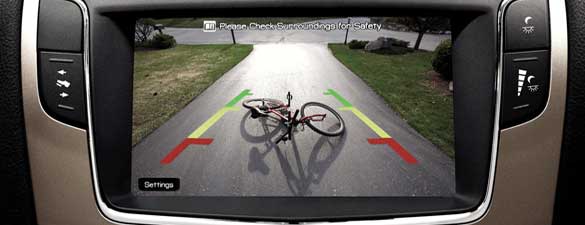
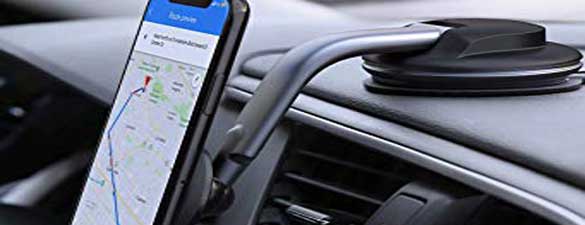
Many cars are designed to be connected with your mobile phone letting you play music, use map apps and even call and text without taking your hands off the wheel so you may not need a Bluetooth connection set. However, you will probably still want to invest in a mobile phone holder so that if you do need to use it as a Sat Nav you can see the screen without endangering yourself and others.
If your new car does not have a blind spot detection system then as well as a reversing camera you might want to invest in a couple of blind spot mirrors for your wing mirrors. These will help expand your field of vision so you have less of a blind spot.
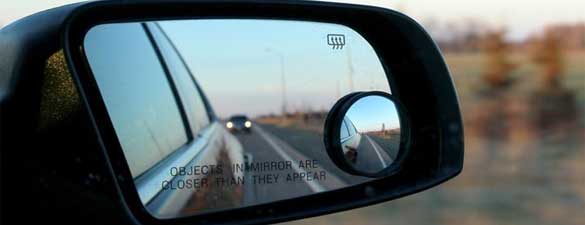
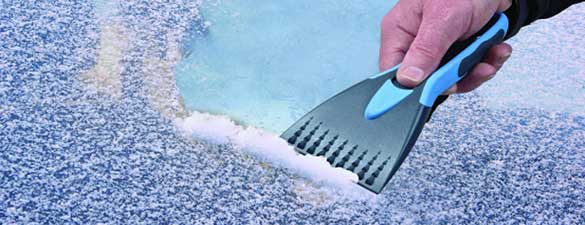
In the winter months, a can of de-icer and an ice scraper are essential for those frosty mornings. As soon as you get your first car you’ll want to invest in a set to keep in your boot.
Keeping your car clean can be a challenge but one way you can do this is by investing in a handheld vacuum.
There are several models on the market to choose from so you’ll be sure to find one within your budget that helps you keep your car crumb and bacteria free.
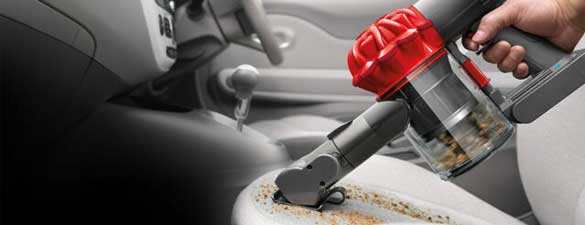
There are of course plenty of other accessories that you might choose to fit your car out with but we think these five are the essentials you'll definitely want to invest in.
Once you’ve decided that leasing is right for you then you'll need to choose your car and the lease terms; contract length, mileage allowance and whether to include a maintenance package.
After you have decided on this the next step is the application for finance. We will need you to complete an application form, sometimes called a proposal form.
On the form we will ask for:
Once we have this information, we will then send it onto the funder for approval and there will be a credit check as part of this approval process.
Most funders ask for a good to excellent credit score in order to approve your finance application.
For young drivers this can be an issue if they have little to no credit history as funders prefer lending to established borrowers as they can asses the risk based on their repayment history.
Please note that approval is not solely based on your credit score, other factors are also considered.
You can improve your credit in a few ways before applying for a lease. These include:
Some funders may let you take out a lease with a guarantor if you do not have enough credit history. Please note that if you do decide to take out a lease with a guarantor they will also need to have a credit check completed as part of the approval process and they will be responsible for payments should you be unable to pay them.
The finance company may ask for some additional information, either at this stage or when they issue your finance contracts. They usually ask for a copy of your driving licence and proof of address, either a bank statement or utility bill dated within the last 90 days, If any additional information is required we will let you know.
Once the application has been approved we will let you know and send you an order pack to confirm you would like to place the order with us at Car Lease Special Offers.
After you have signed this our Customer Services Team will help you with your finance documents and arranging delivery of your new vehicle. They will be there to answer any questions you may have along the ways as well.
It will be your responsibility to insure the vehicle and most lease companies require the lease holder to be the main named driver on the insurance.
As a young driver, you may benefit from adding a second more experienced driver to the insurance policy.
Please note that if your insurance provider requires you to have a tracking box installed as part of your policy you will need to check this is allowed with your funder.
If you lease a vehicle you might want to consider taking out GAP insurance. This is a product that protects you should your vehicle be written off or stolen and unrecoverable and there is a difference between the amount your insurer values the vehicle at and remaining lease payments.
For more information on GAP insurance please take a look at this guide.
At the end of the lease you will need to get in touch with us and we can arrange for the vehicle to be collected from you.
For a full guide on the end of lease process click here.
If you have any more questions about leasing then you might want to check out our FAQs or one of the other guides on our Guides Homepage. Or you can call us on 0330 221 0000.
Check out one of our helpful guides or our explaination of leasing to get all your questions answered.
You can unsubscribe at any time